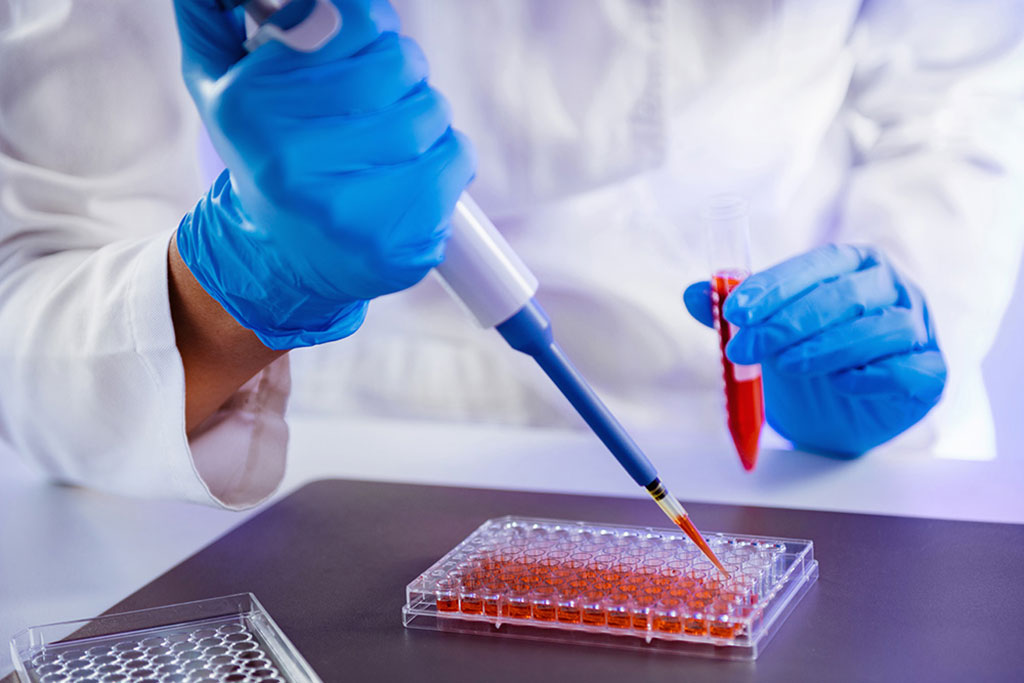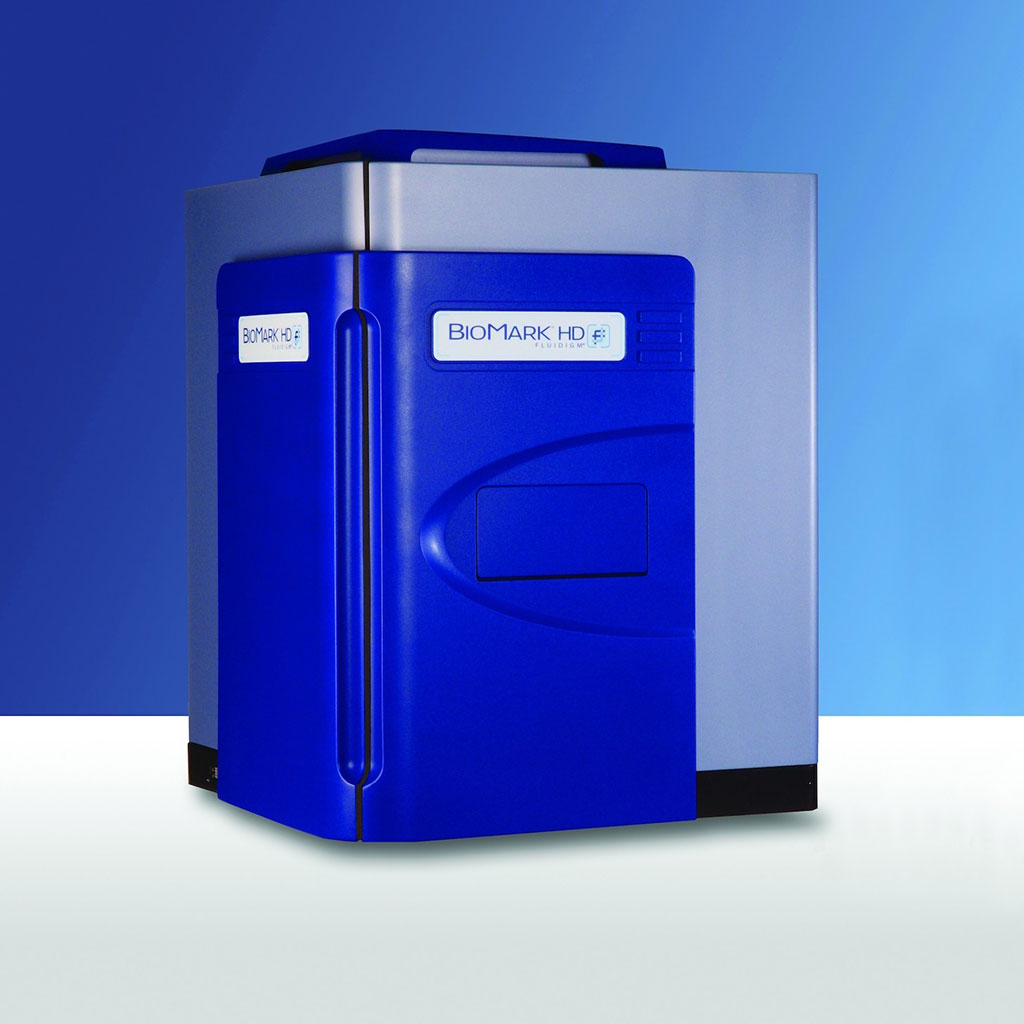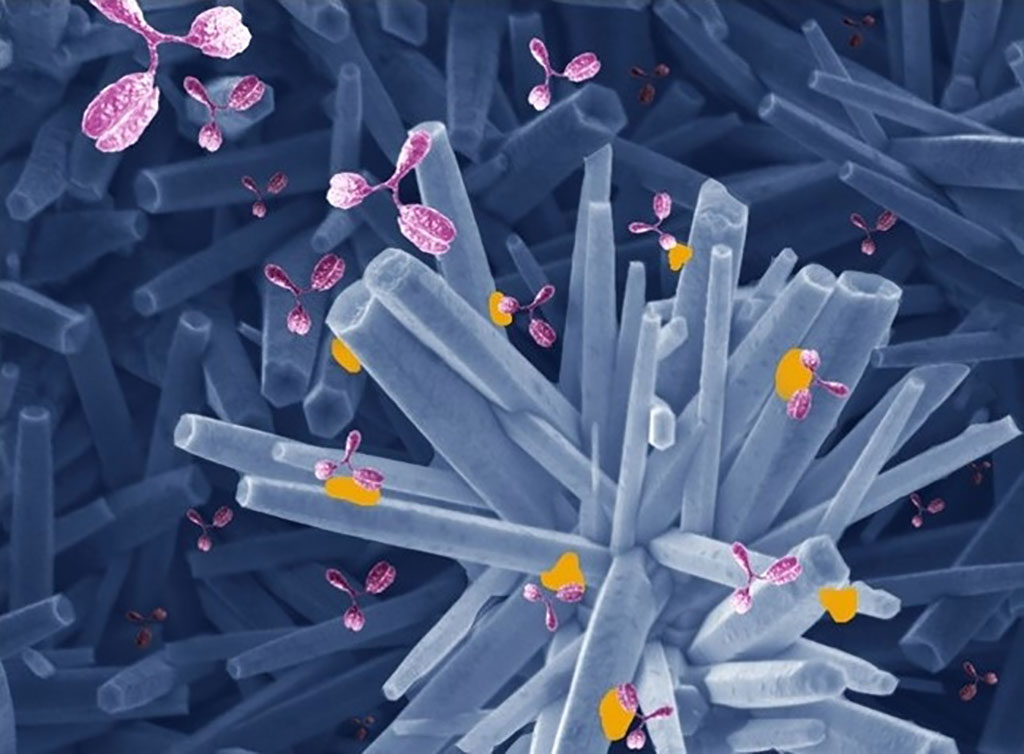Finger-Prick Blood Test Identifies Immunity to COVID-19
Posted on 27 Sep 2022
Recent efforts to identify those least protected from COVID-19 reinfection have focused on quantifying antibodies recognizing the surface spike protein of SARS-CoV2. Although measuring antibodies on a larger scale in a population is relatively easy, the levels do not give the full picture of protection from re-infection, especially as variants of SARS-CoV-2 emerge. Now, a simple finger-prick test that measures the presence of immune T cells which can recognize SARS-CoV-2 will help determine which individuals are most vulnerable, and who might need more focused interventions such as repeated booster vaccinations.
Over 300 volunteers were recruited from across the UK in early 2022 to assess the novel test developed by ImmunoServ Ltd. (Cardiff, UK) in close collaboration with Cardiff University (Cardiff, UK). The test used a simple finger-prick blood sample collected at home and sent to a laboratory by post allowing anyone within the UK to be part of the study. Individuals with the largest T cell response to the virus were best protected from COVID-19 over the following three months, regardless of their levels of antibodies to the virus.

The study highlighted the potential for more accurate assessment of an individual’s immunity to COVID-19. The new test brings the focus away from ‘just measured’ antibody responses to take into account T cell mediated immunity. The Cardiff team say their work highlights the need to assess how long immune responses persist in the population, with uncertainty around whether repeated booster vaccinations will be required in future, and who will need them.
“Many individuals worry about their risk of contracting COVID-19, whether they have been previously vaccinated or not,” said Dr. Martin Scurr, lead author of the study. “Our test identified that it is the level of T cell response induced by prior vaccination or infection that associated with the risk of that individual contracting COVID-19 in the months following the blood test.”
“Long-term immunity screening using such a test would allow us to monitor longevity of responses that prevent COVID-19 and identify the most vulnerable members of our society who may need earlier booster vaccinations,” added Andrew Godkin, Professor of Experimental Medicine and Immunology at Cardiff University and co-senior author of the work.
Related Links:
ImmunoServ Ltd.
Cardiff University













